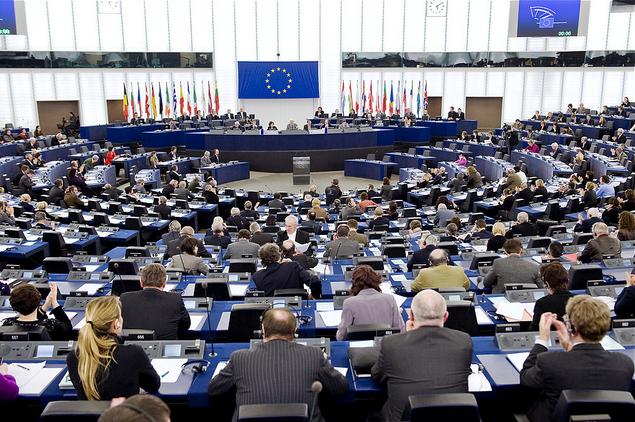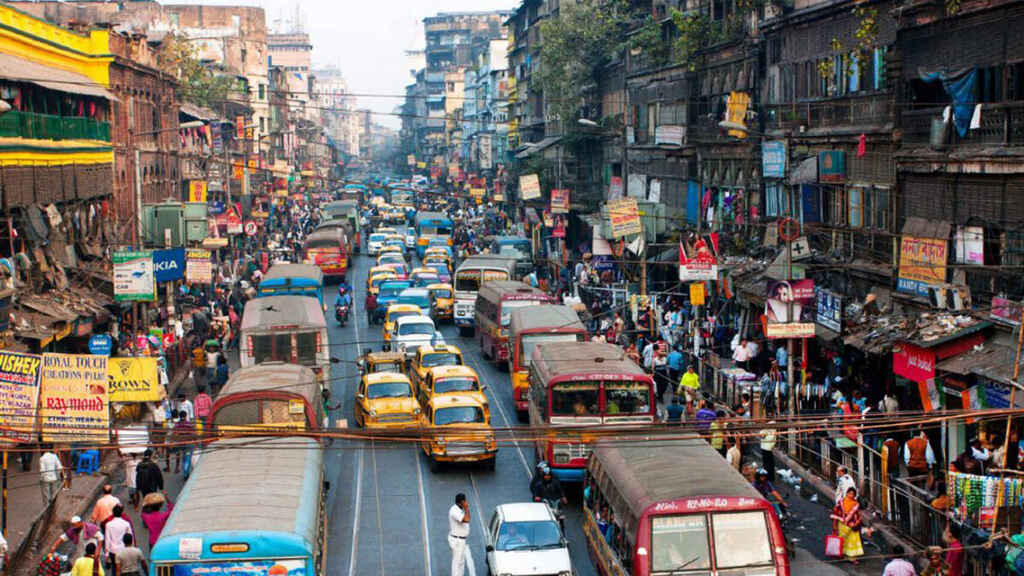Cooperation between the EU and India has increased significantly in recent years. Discover how links could improve even further.
The two global powers are looking at ways to deepen links. On 13 April, Parliament’s foreign affairs committee adopted a report with recommendations for the EU to improve relations with India. MEPs call on the EU and India to work together on global challenges and advocate close, value-based trade relations and cooperation on reforming the World Trade Organization.
Leaders from the EU and India will hold a summit in Porto on 8 May to discuss the partnership.
Why is there a need for a closer EU-India relationship?
As the world’s two largest democracies, the EU and India share many of the same values and face many of the same challenges, such as climate change. However, this cooperation has yet to reach its full potential. India is also rapidly increasing its position as an economic and regional power.
What is already in place?
The EU and India signed a strategic partnership in 2004, based on shared values and a commitment to a rules-based global order centred on multilateralism. In 2020, the EU and India endorsed a roadmap to 2025 for the strategic partnership.
EU-India economic relations
India is one of the world’s largest and fastest-growing economies. Before the Covid-19 pandemic, its gross domestic product increased by about 6% annually.
The EU is India’s largest trading partner, while India is the EU’s ninth largest trading partner. In 2019, the EU accounted for 11.1% of Indian trade, just ahead of the US and China (10.7%).
Closer links have already helped to increase trade and investment between the two partners. For example, the trade in goods has increased by 72% in the last decade, while the EU’s share in foreign investment inflows increased from 8% to 18% in the same period, making the EU the largest foreign investor in India.
About 6,000 European firms operate in India, providing 1.7 million jobs directly and about 5 million indirectly.
However, attempts to negotiate a free agreement have proved unsuccessful so far.
Fight against climate change
The EU and India, as the world’s third and fourth largest emitters of greenhouse gases, share a common interest in fighting climate change and facilitating the transition to a sustainable economy.
Promoting democracy and human rights
As the world’s largest democracies, the EU and India can help to promote human rights, democracy and gender equality.
However, in the report adopted by the foreign affairs committee, members expressed concerns about the deteriorating human rights situation in India, such as difficulties faced by Indian women and minority groups as well as the closure of Amnesty International’s offices in India.








Leave a Reply